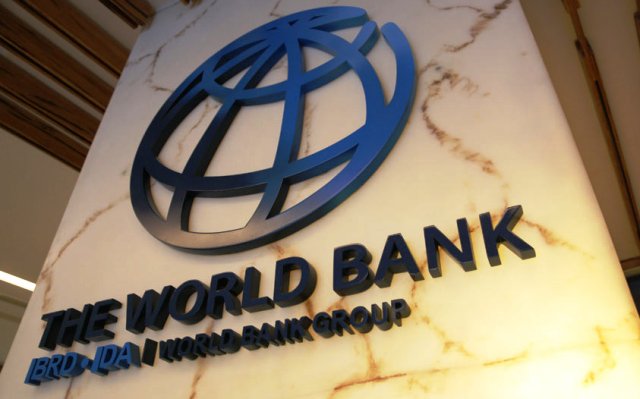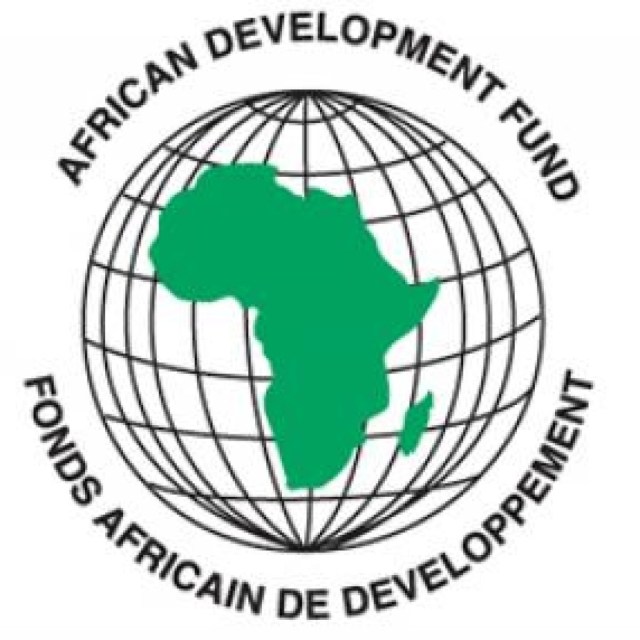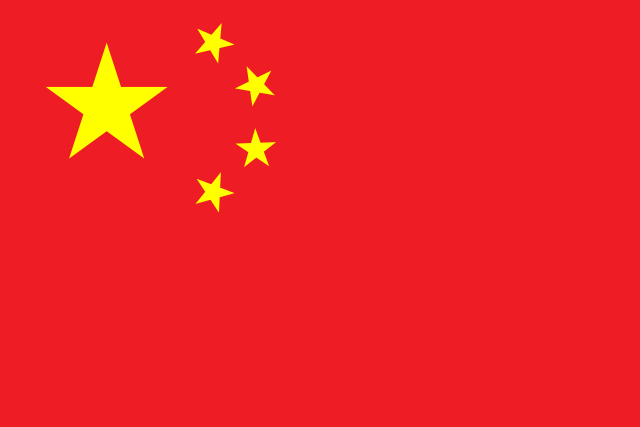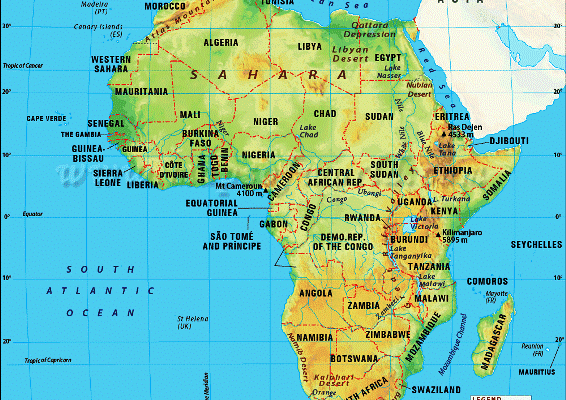The World Bank today approved $380 million in financing from the International Development Association (IDA)* to support Malawi and Mozambique increase regional trade coordination, reduce trade costs and time, develop regional value chains, and improve access to infrastructure.
The new Southern Africa Trade and Connectivity Project (SATCP) will benefit both countries and local communities through investments that will facilitate trade, strengthen regional coordiation, and increase diversified economic opportunities along the Nacala and Beira corridors, connecting Mozambique to Malawi, and along the Maputo Corridor, connecting Mozambique to South Africa through Ponta Do Ouro. The north and central parts of Mozambique and central and southern Malawi, where poverty levels are the highest, and the region near Ponta do Ouro will benefit most. The project will ensure that youth and women are well represented among its beneficiaries.
‘Regional integration can play an important role in helping Southern Africa recover sustainably from the current economic crisis. We are pleased to support Mozambique and Malawi in building upon recent regional infrastructure developments by working on reducing trade costs and improving their competitiveness. The project’s support for developing regional value chains could drive the creation of jobs and more incomes for communities’, said Ms. Deborah Wetzel, World Bank Director of Regional Integration for Sub-Saharan Africa, the Middle East, and Northern Africa.
The project investments are expected to lead to substantial economic benefits, including increased regional trade, income growth, job creation, and greater resilience, with positive economic spillovers that should benefit other countries in the sub-region. Project activities also integrate an immediate response to the COVID-19 crisis, and support will be provided to keep borders open during the crisis while modernizing border practices, policies, procedures, systems, and facilities that will ensure process integrity during climate, health, and other emergencies. The coordination activities between countries can also be used to develop standard operating procedures for future emergencies and pandemics.
‘The SATCP brings trade facilitation, regional value chains, and transport infrastructure in one project to address key constraints to regional integration. Small scale producers and cross-border traders – predominantly women- will benefit from improved facilities and value chain development, mechanisms to reduce harassment, and further access to skills and finance,’ said Mr. Ankur Huria, Senior Trade and Private Sector Specialist and the project’s task team leader.
By improving trade competitiveness and regional connectivity, the project will help reduce costs from the exporting firms to the importing market, thereby reducing costs for the consumers. This includes addressing behind-the-border costs, such as improving standards compliance and increasing the institutional capacity of authorities; at-the-border costs, including accelerating border procedures and reducing trade restrictions; and other costs involved in trade across borders. Additionally, the development of regional value chains would help increase trade integration and private sector investment, including in agribusiness, logistics, and storage infrastructure. Finally, upgrading road infrastructure to be climate resilient in areas of most potential along the Nacala corridor will further improve trade connectivity and lead to increased opportunities for firms and farmers.
- The World Bank’s International Development Association (IDA), established in 1960, helps the world’s poorest countries by providing grants and low to zero-interest loans for projects and programs that boost economic growth, reduce poverty, and improve poor people’s lives. IDA is one of the largest sources of assistance for the world’s 76 poorest countries, 39 of which are in Africa. Resources from IDA bring positive change to the 1.6 billion people who live in IDA countries. Since 1960, IDA has supported development work in 113 countries. Annual commitments have averaged about $21 billion over the last three years, with about 61 percent going to Africa.













